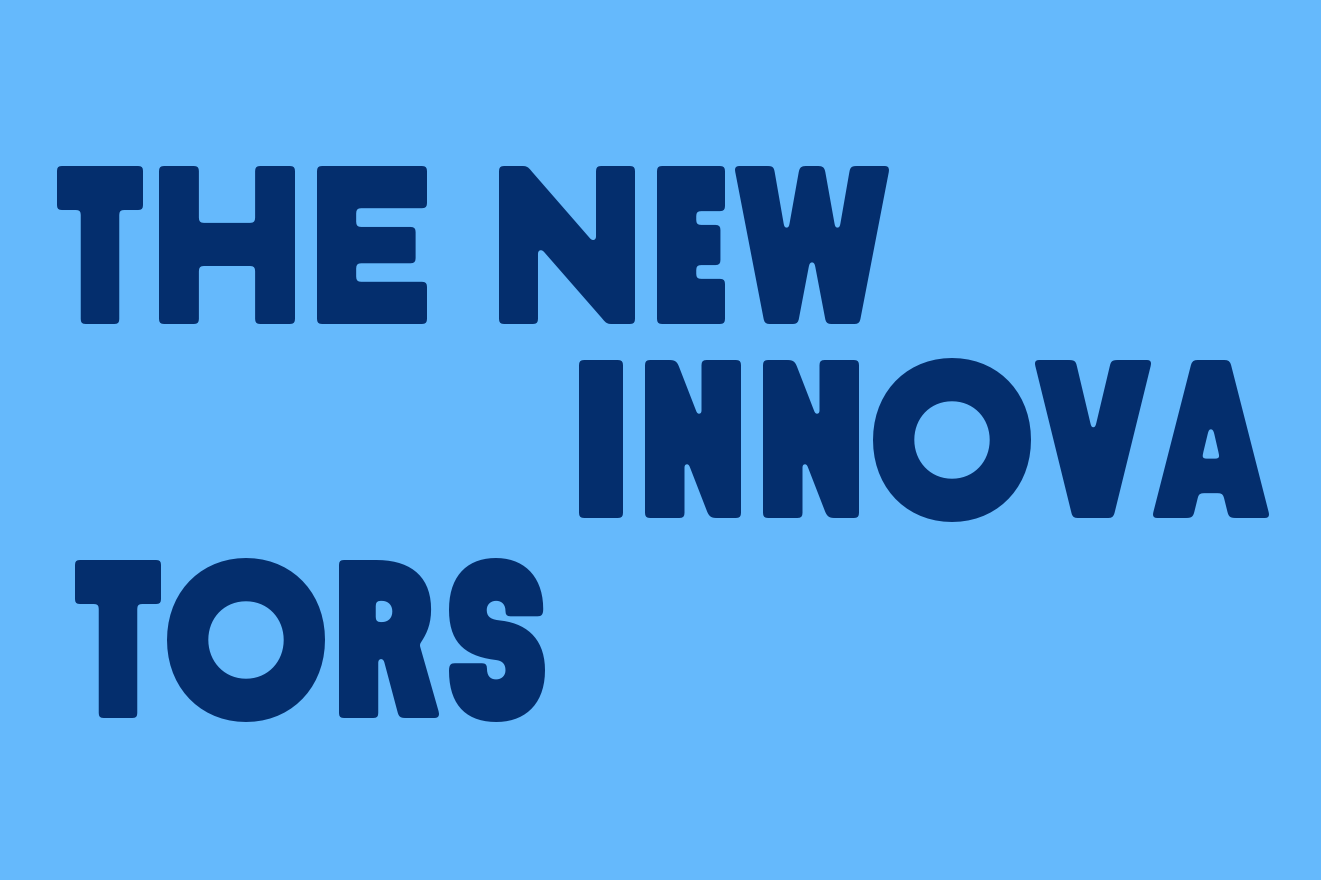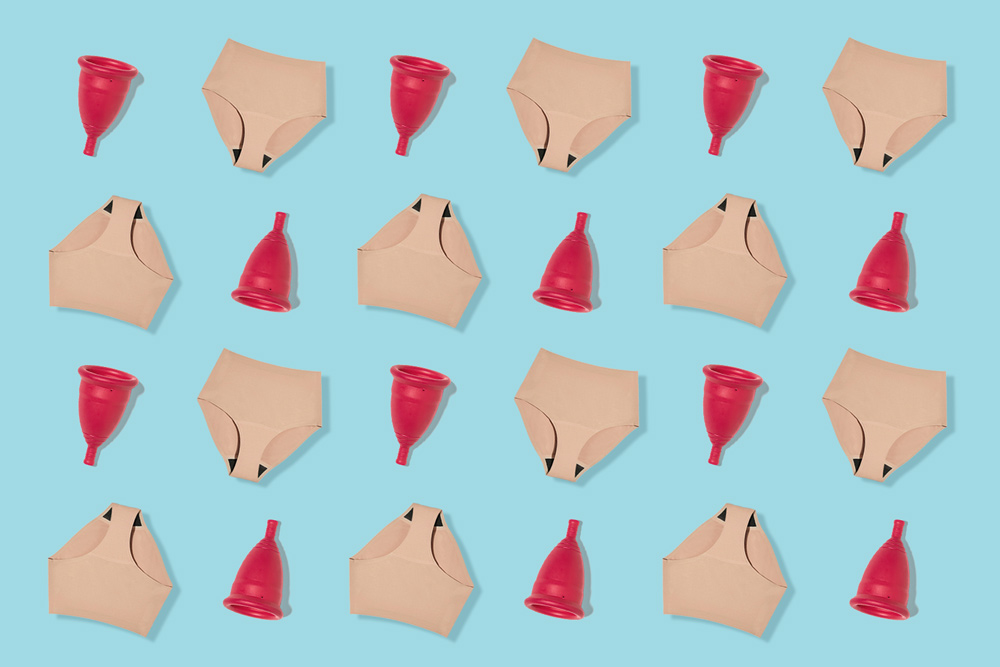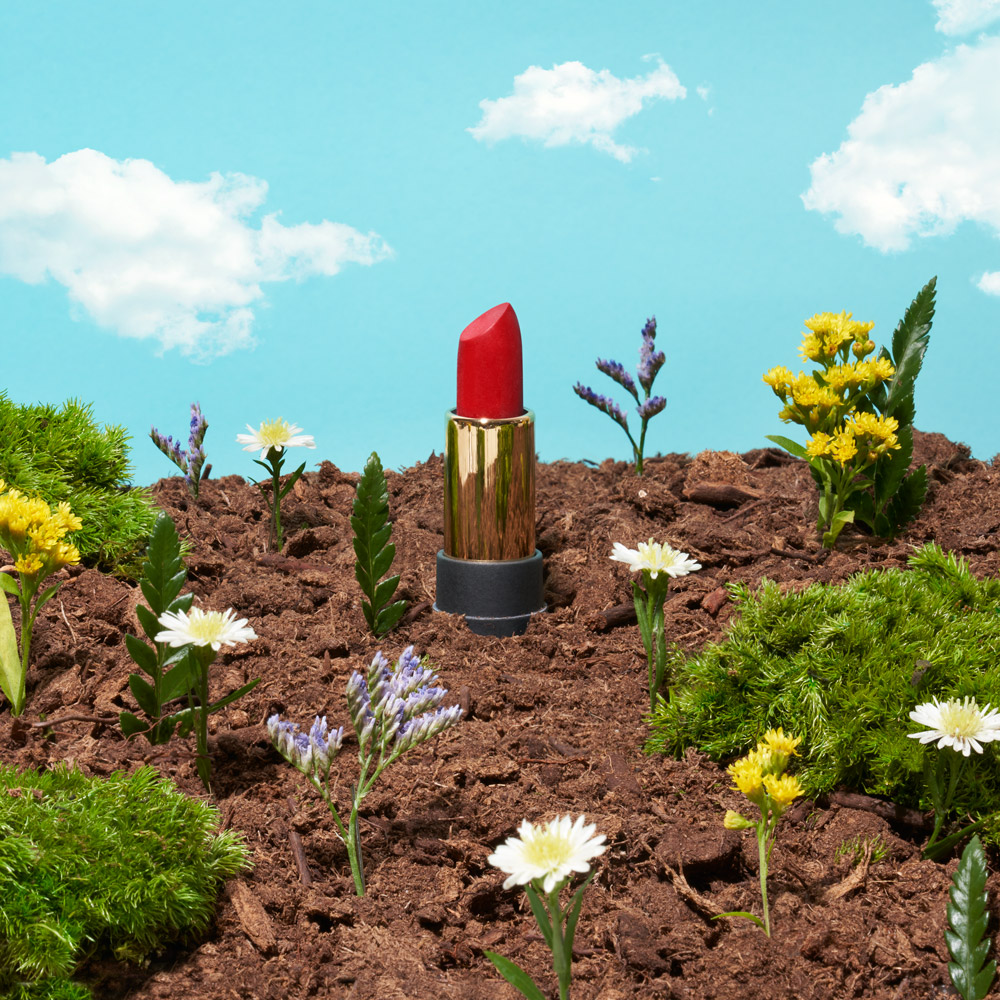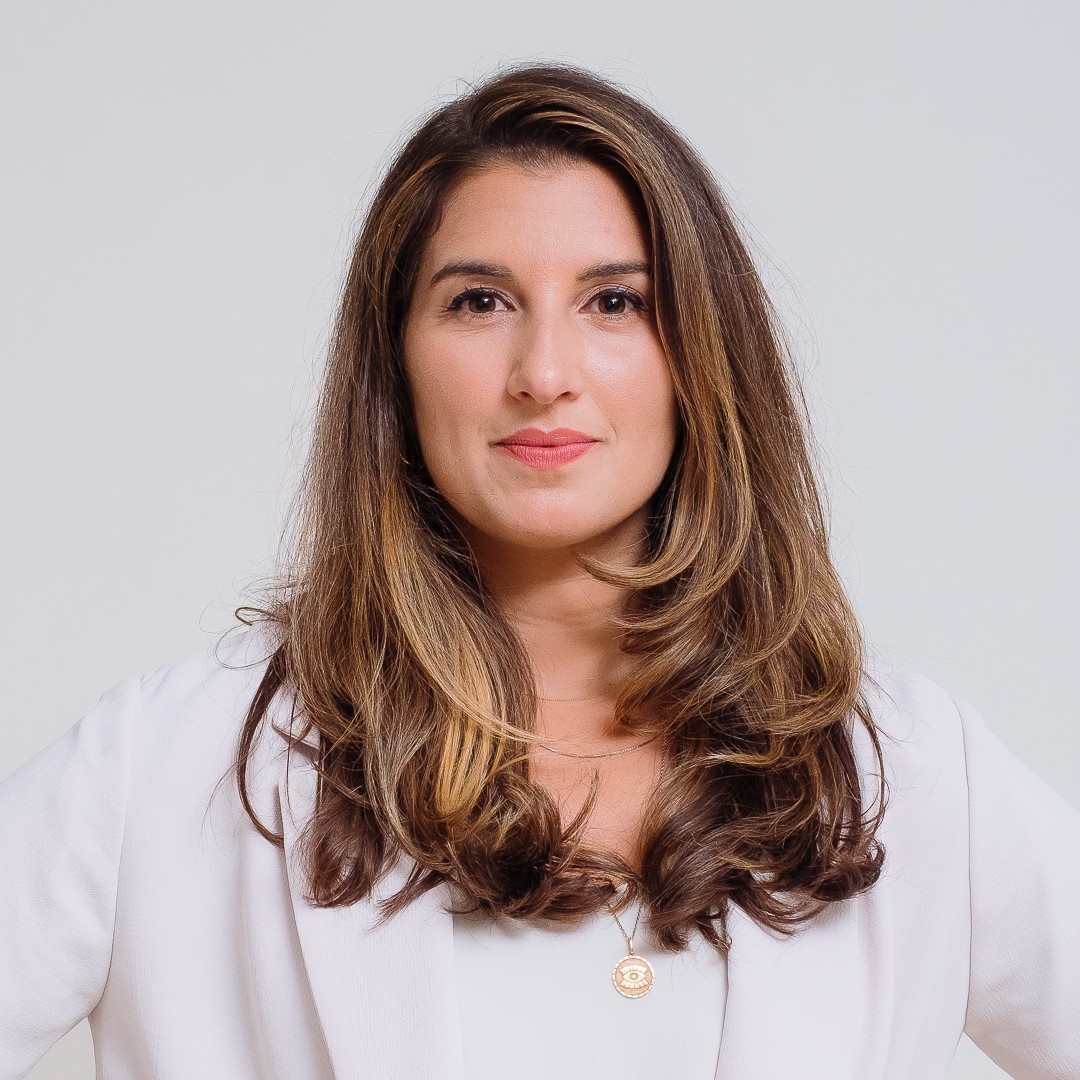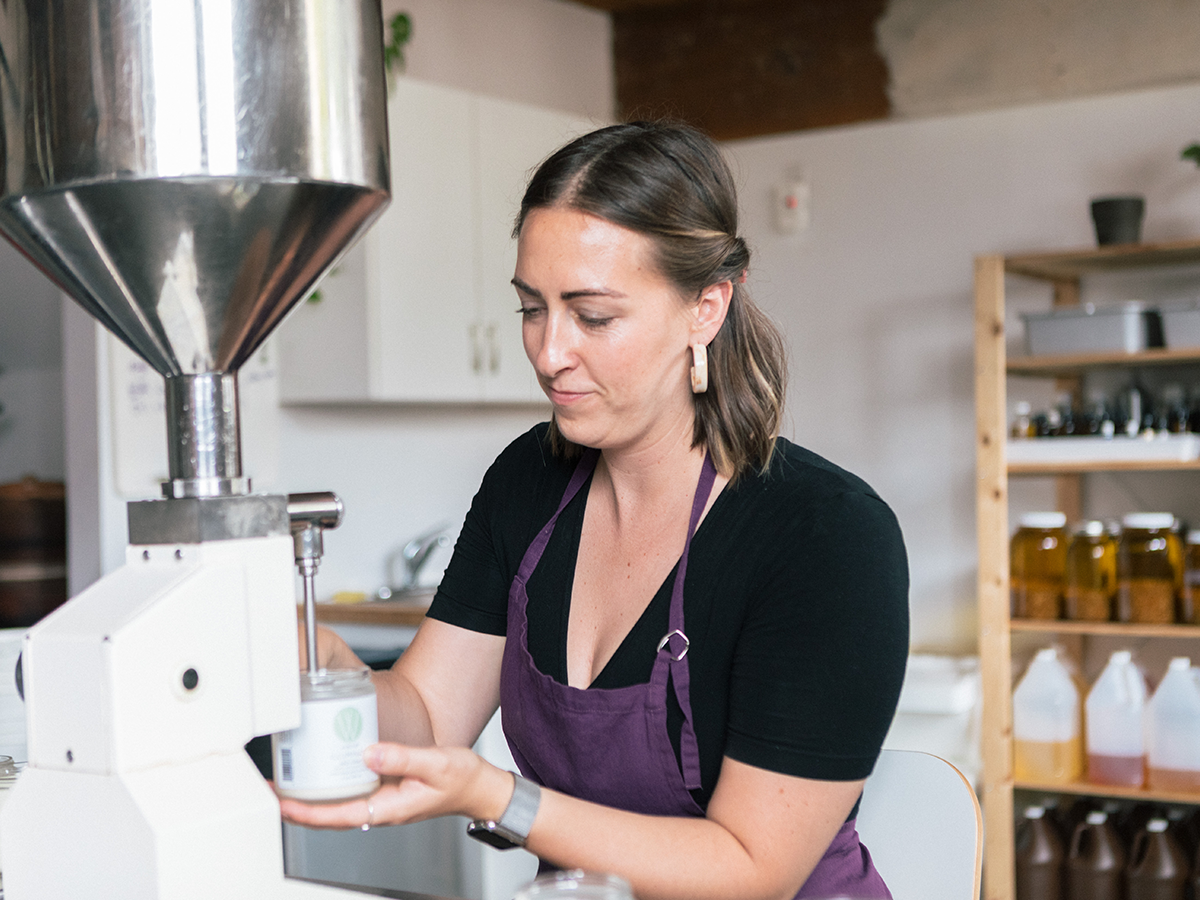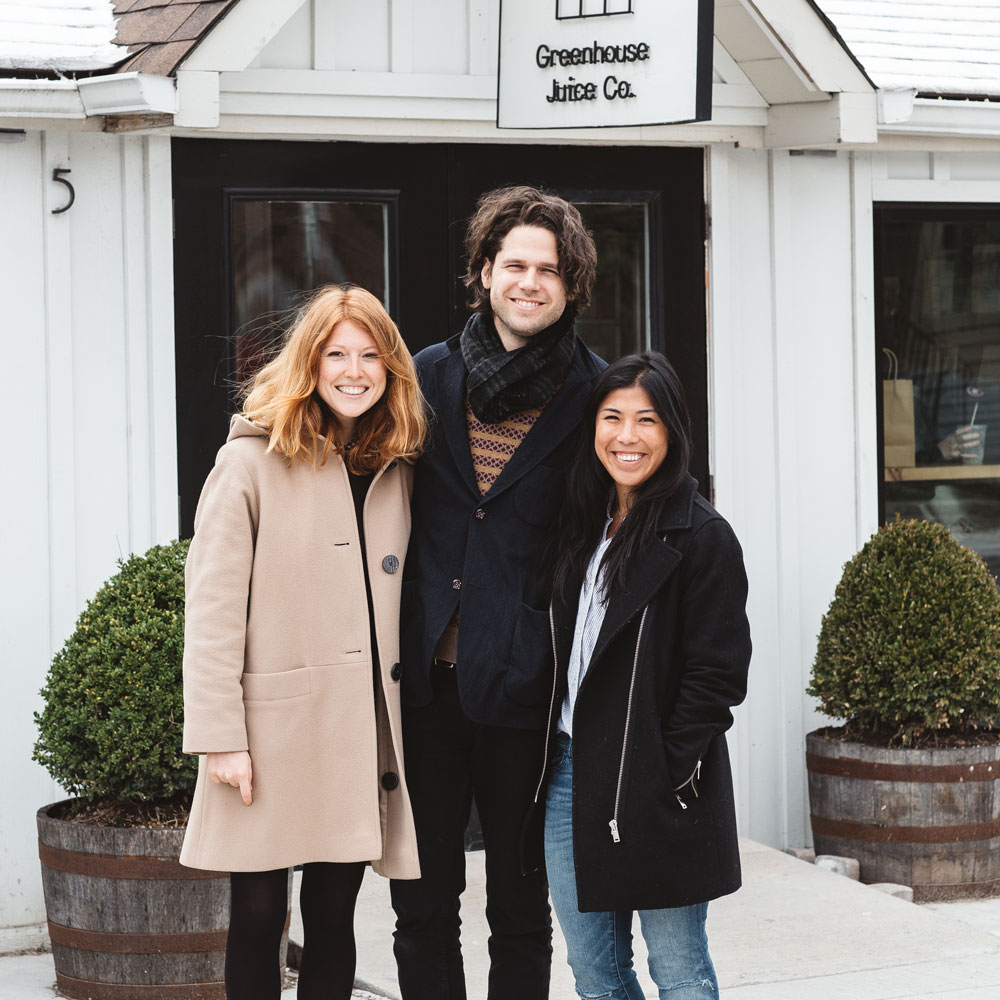Why Companies Need to Meet Customers Where They Are
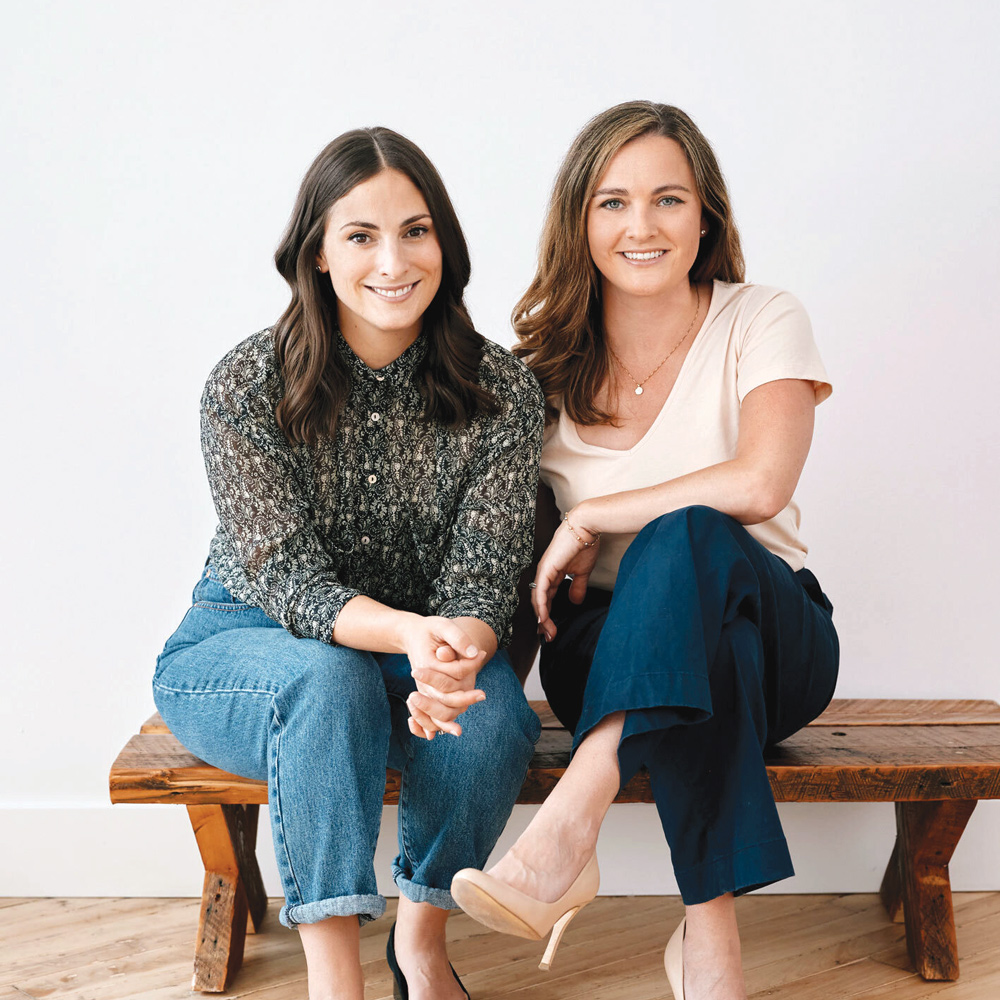
Everist, a Toronto-based beauty brand that launched a just-add-water line of concentrated shampoos, conditioners and body washes in 2021, is taking on the wasteful habits of the big beauty industry—and the entrenched behaviour of consumers. After being named one of the Environmental Leaders on the 2022 New Innovator List, co-founders Jayme Jenkins and Jessica Stevenson talked to Canadian Business about how they’re convincing mainstream buyers to try their sustainable products.
You’re both veterans of the corporate world. What inspired the journey to start a business together?
Jayme Jenkins: Jessica and I are longtime friends. We went to business school together, and after school, we both found our ways into the beauty industry. I worked for about a decade at L’Oréal and, most recently, at The Body Shop. And Jessica’s background is on the professional haircare side at Revlon and, more recently, at Nude by Nature, a clean makeup brand from Australia.
We love beauty. We really love products and understand how that industry works. And a couple of years ago, we started to see a shift in consumer awareness around the plastic-waste crisis, and we also started to notice how much the beauty industry contributes to that crisis. We began talking about what we could do to solve this problem. What could a beauty company look like without single-use plastic? How would you even do that? Everything is in plastic. And beyond that, we wanted something that we really felt would have widespread adoption—a product that we would be willing to incorporate into our lives, something that felt like an upgrade, versus a compromise.
So how did you get there?
JJ: We were really flexible and curious in terms of different alternatives. We cycled through tons of different business ideas, kind of modelling them out, looking at things like retail refilleries, or milkman models or shampoo bars. Eventually we hit on this idea of waterless concentrated formats. We saw it first in the home cleaning space in the U.S., and we just thought it made so much sense to apply it to beauty products. Most things in beauty have water as the first ingredient, particularly shower products, which is crazy because then you’re using them in the water of your shower. You’re basically paying to ship plastic bottles of water around the world. That didn’t make any sense to us.
It wasn’t easy to get to the right solution. We kept pushing further until we found a format that we thought was close to what people were used to using. That’s this innovative waterless paste concept, which is now patent-pending for both our hair and body products.
Jessica Stevenson: The product is a three-times concentrate, so a 100mL aluminum tube of it is equal to your traditional 300mL bottle, but smaller and lighter to ship, with a lower carbon footprint. We really thought a lot about a closed loop. We wanted to be single-use-plastic free, and try to make sure that we had circularity—our tubes are made of aluminum, which is instantly recyclable, and we have a cap-back program. We really wanted to take responsibility for all the pieces of packaging that are used.
It’s interesting. If you look back 50 or 70 years, a lot of things people bought were in concentrates—not just in beauty, but in laundry and cleaning products. Over time, with the retail boom, it became rewarding for brands to have these large, colourful plastic bottles taking up shelf real estate, to kind of scream “buy me!” to customers. We think it has to come full circle, with our awareness from our current environmental crisis. It really makes sense to go back to concentrates.
Given your backgrounds, you both know consumers are creatures of habit. What do you find is effective in changing their behaviour?
JJ: I think coming from beauty has been helpful because we know a lot of the things that are important to people in the types of products they choose. When even developing the product, we knew how important it was to have the sensorial experience in the shower—the product needed to lather without using sulfates, and smell amazing with just essential oils. Those two things were super challenging, but they were really critical to recreating the conventional shampoo and conditioner and body wash experience that people love; to give them the things that they were kind of expecting, but in a more sustainable formula.
We also find it helpful to understand that not every customer is looking for the same things. Some people purchase Everist purely because the environmental story is really compelling for them. Other people buy it because of the way it makes their hair feel. Being mostly a direct-to-consumer brand—although we do have some retail partners—we really get a deeper understanding of our customer because we have that one-on-one relationship.
JS: We tend to lead with some of the performance aspects; the eco benefits are almost like the icing on the cake. We’re really trying to bring more people into this sustainability fold. The perspective we take is that we want to be non-judgmental and really welcoming. The eco space can seem very intimidating. Customers that are more mainstream can feel like they’re being hypocritical if they’re not doing it perfectly. We think by accepting everybody where they are on their sustainability journey, by making that mainstream customer feel welcome enough to make small steps, it can really add up to a big impact. Because it’s not just a handful of people that need to be part of the solution. It needs to be millions and millions of people, because we really are in a crisis.
JJ: It’s a fine balance because it is a serious topic. Like we really do need to be moving the needle here, but at the same time, I don’t think many people respond to fear. I think they respond to optimism and hope and solutions. We wanted the brand to feel bright; we’re not a beige-and-plants kind of brand, we have colour and a sense of humour. We want to encourage action through positivity and solutions, versus people being scared to make a change because they think it’s too big of a problem.
2021 was a big year for Everist with your launch. What excites you most about 2022?
JJ: I think now being in market, and being able to get feedback from our customers, helps us to really understand where they’re struggling to make what we call “eco upgrades.” How can we make it just that much easier? Having that conversation with real people who are consuming the products and trying to make these changes in their daily lives, is inspiring, and it’s rewarding. I’m just really excited to do more of that.
JS: What excites me is that sustainability is not like its own little category anymore. It’s the future. We are trying to create one of many beauty companies of the future. And there doesn’t seem to be a divide anymore between eco companies and the rest. Everything is going in that direction, which is really encouraging. We are so happy that people are bringing new things to market that are different and changing behaviours. We don’t see it as competition. We see it as awesome.
